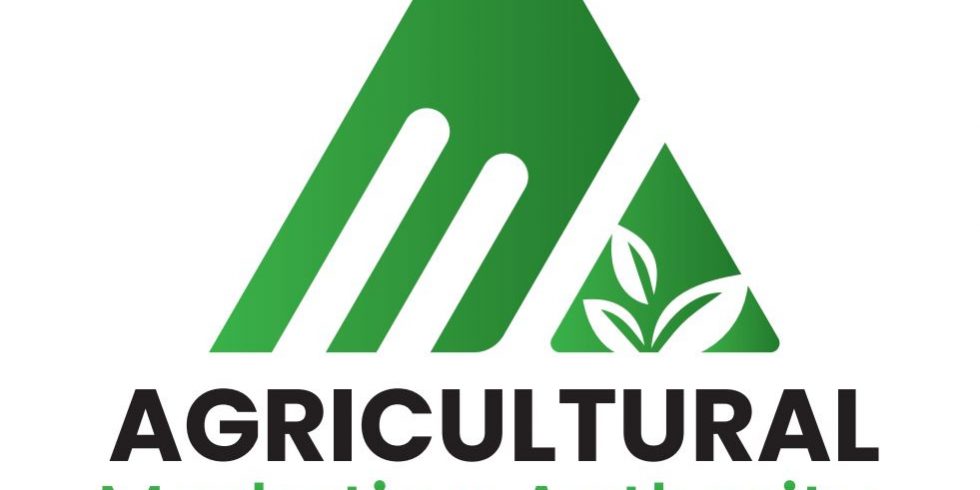By Cliff Chiduku/Terence Chambati
In the heart of Southern Africa lies Zimbabwe, a nation rich in natural beauty and cultural heritage, but because of climate change, it is grappling with food security challenges.
The government has put in place measures to make sure no one starves. This is after President Emmerson Mnangagwa declared El-Nino-induced drought a national disaster.
Amid the myriad solutions proposed to address these challenges, one often overlooked yet remarkably potent solution stands out: bee-keeping.
As the country navigates these challenges, honey emerges as a multifaceted resource with the potential to nourish, sustain, and empower communities. Honey holds greater significance as a crucial element in ensuring food security.
In commemorating World Bee Day, the Zimbabwe Apiculture Platform (ZAP), in conjunction with the Ministry of Lands, Agriculture, Fisheries and Rural Development and other stakeholders hosted various activities to raise awareness about the importance of bees and beekeeping, particularly among young people, for a more sustainable and food-secure future. World Bee Day is commemorated on May 20 every year. The theme for this year is Bee Engaged with Youth.
World Bee Day is not just a day to appreciate these buzzing beauties; it is a call to action. Bees are critical pollinators that ensure healthy and functional ecosystems. They play a vital role in achieving several Sustainable Development Goals (SDGs), including:
- Zero hunger (SDG 2): Nearly 75% of our food crops rely on pollination, primarily by bees.
- Good health and well-being (SDG 3): Bees support biodiversity, which maintains ecosystems essential for medicinal plants, clean air, and clean water.
- Clean water and sanitation (SDG 6): Healthy watersheds, where bees thrive, contribute to clean freshwater resources.
- Life on land (SDG 15): Bees help maintain balanced ecosystems, contributing to soil fertility, combating desertification, and aiding habitat restoration.
Zim production stats
Apiculture has grown over the years thanks to various programmes initiated by the government and its partners.
According to the Crops, Livestock and Fisheries Assessment report (CLAFA -1), the number of beekeepers rose from 28 334 to 28 735 last year.
“Honey production in Zimbabwe has shown substantial growth, increasing by 10% from 949 284 tones to 104 452 tonnes,” the report read in part.
Masvingo and Manicaland provinces are the two main honey-producing areas in Zimbabwe.
https://www.sundaymail.co.zw/resilient-food-systems-through-beekeeping
Striking gold
In dealing with unemployment and poverty, especially in rural areas, beekeeping can contribute to economic empowerment. By investing in apiculture, communities can develop small-scale enterprises, create jobs, and stimulate local economies.
Several farmers who have switched to apiculture have struck gold through selling honey, hives and offering pollination services to other farmers.
“A litre of honey sells for about $7, and I harvest close to 200 litres of honey twice a month from my beehives. This is a lot of money I realise every month,” said Owen Fadzi of Marondera.
https://www.sundaymail.co.zw/beekeeping-worth-pursuing
Nutritional value
Honey is not just a sweetener; it contains essential nutrients – vitamins, minerals, and antioxidants. Honey can also serve as a vital supplement, especially for vulnerable populations or those with chronic illnesses.
Sustainable agriculture
Beekeeping, or apiculture, is an environmentally sustainable agricultural practice that complements traditional farming. Unlike large-scale agriculture, which often requires significant land, water, and chemical inputs, beekeeping is low-impact and can be practiced on small land size even at the backyard in urban settings. This makes it an ideal livelihood option for smallholder farmers, who can integrate beekeeping with their traditional agricultural activities.
Economic empowerment
Beekeeping offers a viable source of income for rural communities, helping to diversify their economic activities. The production and sale of honey and other bee products, such as beeswax, propolis, and royal jelly, provide additional revenue streams. This diversification reduces the reliance on single sources of income, making farmers more resilient to economic shocks and climate change.
Co-ordinated production
The Agricultural Marketing Authority (AMA) is encouraging farmers enter into cluster and associations to enable coordinated production. ZAP encourages beekeepers to join cooperatives and associations for knowledge exchange, skills development, and collective marketing. These platforms can be used to negotiate better prices and access markets more effectively.
Conclusion
In the face of climate fluctuations, Zimbabwe’s path to food security requires innovative and sustainable solutions. Honey production, with its myriad benefits, offers a promising avenue to enhance nutrition, support sustainable agriculture and empower local economies, conserve the environment. By investing in honey production, Zimbabwe can make significant strides towards a more secure and resilient food system as espoused in the National Development Strategy 1.
Terence Chambati, is a beekeeper and co-founder of Huchi Capital and secretariat at Zimbabwe Apiculture Platform.
Word from the Market is a column produced by the Agricultural Marketing Authority (AMA) to promote market-driven production. Feedback cchiduku@ama.co.zw or WhatsApp/Call +263781706212.





